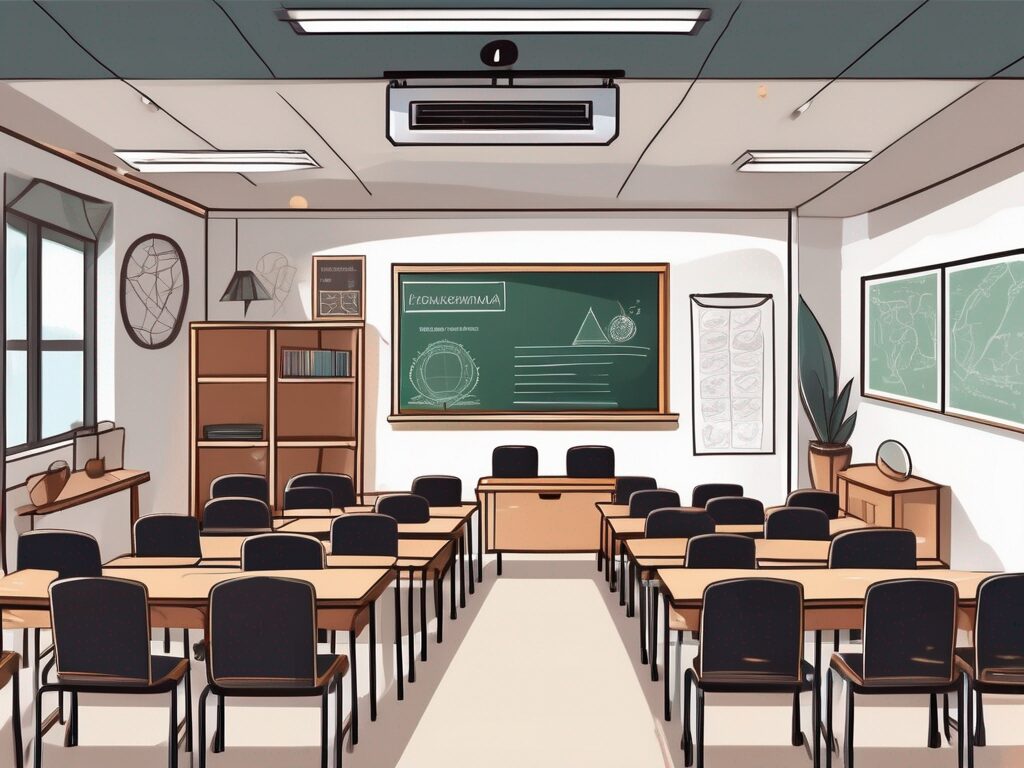html
Essential Customs Regulations for International Teachers in Dubai
Are you an international teacher planning to embark on an exciting journey to Dubai? The vibrant city, known for its rich culture and modern amenities, offers a plethora of opportunities for educators. However, before you pack your bags and head to the UAE, it’s crucial to understand the essential customs regulations that will impact your move. This blog post aims to provide you with a comprehensive guide to navigating customs regulations, ensuring a smooth transition to your new teaching role in Dubai.
Understanding Customs Regulations in Dubai
Customs regulations are a set of laws and guidelines that govern the import and export of goods across international borders. For international teachers, understanding these regulations is vital to avoid delays, fines, or even confiscation of personal belongings. The UAE has specific customs laws that apply to expatriates, and being informed can save you time and stress during your relocation.
Key Customs Regulations for International Teachers
When moving to Dubai, there are several key customs regulations that international teachers should be aware of:
1. Personal Effects and Household Goods
As an international teacher, you may want to bring your personal effects and household goods to Dubai. The UAE allows expatriates to import personal belongings duty-free, provided they meet certain conditions. Here are some important points to consider:
- Documentation: You must provide a detailed inventory list of your belongings, along with a copy of your employment contract or a letter from your employer confirming your relocation.
- Timeframe: You are allowed to import your personal effects within six months of your arrival in the UAE.
- Prohibited Items: Certain items are prohibited from importation, including narcotics, gambling devices, and materials that contradict Islamic morals.
2. Importing Educational Materials
As a teacher, you may wish to bring educational materials, such as books, teaching aids, and electronic devices. Here’s what you need to know:
- Books and Publications: Ensure that the materials you bring comply with UAE laws. Avoid importing any publications that may be deemed offensive or contrary to Islamic values.
- Electronic Devices: Personal electronic devices, such as laptops and tablets, can be imported without issues. However, ensure that they are for personal use and not for resale.
3. Customs Duties and Taxes
While personal effects may be exempt from customs duties, it’s essential to be aware of any applicable taxes on other items you may wish to import:
- Customs Duty: Generally, customs duty in the UAE is set at 5% of the total value of goods. However, personal effects are usually exempt.
- Value Added Tax (VAT): A VAT of 5% applies to most goods and services in the UAE, including some imported items.
Steps to Ensure a Smooth Customs Clearance
To facilitate a hassle-free customs clearance process, follow these steps:
1. Prepare Your Documentation
Ensure that you have all necessary documents ready, including:
- Inventory list of your belongings
- Employment contract or relocation letter
- Passport and visa
2. Understand the Customs Process
Familiarise yourself with the customs process in Dubai. Upon arrival, you will need to present your documents to customs officials. Be prepared to answer questions about your belongings and their intended use.
3. Seek Professional Assistance
If you find the customs regulations overwhelming, consider hiring a professional customs broker. They can help you navigate the complexities of customs clearance and ensure compliance with all regulations.
Common Mistakes to Avoid
To ensure a smooth transition, avoid these common mistakes:
- Inadequate Documentation: Failing to provide complete and accurate documentation can lead to delays or fines.
- Bringing Prohibited Items: Always check the list of prohibited items before packing to avoid confiscation.
- Ignoring Customs Regulations: Stay informed about the latest customs regulations, as they may change frequently.
Conclusion
Understanding the essential customs regulations for international teachers in Dubai is crucial for a successful relocation. By preparing your documentation, knowing the rules regarding personal effects and educational materials, and avoiding common mistakes, you can ensure a smooth transition to your new teaching role. Remember, being informed is the key to a stress-free experience.
Empower Your Teaching Career with IPGCE
As we strive for a more inclusive education system in Malaysia, the role of qualified and well-trained educators becomes increasingly crucial. IPGCE is dedicated to supporting teachers in their professional journey, offering the International Postgraduate Certificate in Education (iPGCE) to enhance qualifications and open doors to international teaching opportunities. With our program, you can expect a significant increase in interview callbacks, promotion rates, and salary. Plus, you’ll join a global network of educators, gain a deeper understanding of international curricula, and enjoy the flexibility of online study. Don’t let inadequate credentials or isolation hold you back. Join the UK’s #1 Teacher Training Course today and take a decisive step towards a fulfilling career in inclusive education.
For more information, check out our articles on International Teaching Opportunities and Moving to Dubai.
Connect with us on LinkedIn for more insights and updates!

